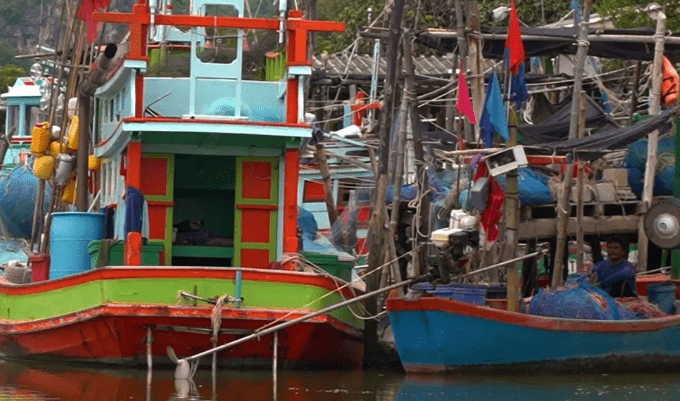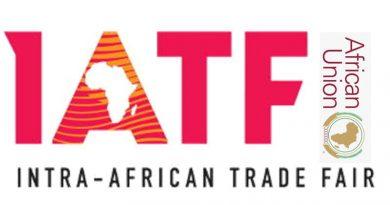Combating Marine Plastics Crisis: Three Ways Thailand is Building its Blue Economy
Plastics are polluting the world’s oceans and waterways faster than scientists can measure the effects on marine life, livelihoods, human health, and industries like tourism and fishing. Plastic pollution also worsens global warming because the lifecycle of plastic, including its manufacturing and transport, creates billions of tonnes of greenhouse gas emissions.
The impact of plastics pollution is especially evident in Asia, home to eight of the top 10 ocean plastic-polluting countries. In Thailand, which ranks as the world’s sixth-highest polluter, plastic bottles clog waterways, interfere with fishing, and harm marine wildlife, which mistake plastics for food.
But Thailand is turning the tide on marine pollution. By linking conservation with economic opportunities, Thailand’s government and private sector are building the country’s blue economy, which advances the sustainable use of ocean resources for economic growth, improved livelihoods, and jobs.
Since Thailand’s blue economy is already contributing approximately 30 percent of gross domestic product (GDP), promoting sustainable development is a national priority. Thailand’s plans for a bluer future include increasing the number of blue loans, examining the impact of blue bonds, and following global guidance on standards that can help investors gain confidence.
Blue loans
Getting oceans back to blue requires tackling pollution at the source—and in some cases, the source is industry. Blue loans, which earmark funds exclusively for ocean-friendly projects and critical clean water resources protection, are financing tools that can help companies and institutions reverse the current.
Thailand-based company Indorama Ventures Public Company Limited has already committed to a more marine-friendly approach to business. IFC mobilized and anchored a $300 million blue loan for Indorama Ventures,the first-ever blue loan to a global plastic resin manufacturer. The support will help the company increase its recycling capacity to keep 750,000 tons of plastic waste out of oceans and landfills every year by 2025.
This is IFC’s first blue loan exclusively focused on addressing marine plastic pollution. Financing partners include the Asian Development Bank (ADB) and Deutsche Investitions-und Entwicklungsgesellschaft (DEG).
Blue bonds
Institutional investors are also examining the impact of blue bonds, a new tool to develop the blue economy. TMBThanachart Bank Public Company Limited (ttb) recently became the first Thai commercial bank to issue blue bonds.
The bond proceeds will be used by ttb to provide businesses with access to funding that helps address climate change. In addition to other support, IFC will help ttb develop a blue finance framework and capacity, alongside a broader sustainability agenda.
Building the capacity to identify eligible blue assets enables ttb to improve marine plastic recycling, water conservation, and wastewater treatment projects, “which are key to the country’s economy,” said Piti Tantakasem, Chief Executive Officer of ttb.
Global guidance
The blue economy’s growth in Thailand and around the world depends on many factors, including investors’ confidence in this emerging field, according to Paulo de Bolle, Global Senior Director, Financial Institutions Group at IFC.
Global guidance for blue finance developed by IFC offers consistency and transparency to investors, a key step to instill this confidence and “accelerate the blue economy’s momentum,” de Bolle said. A global practitioner’s guide under development by IFC and four partners will unify standards and help investors and issuers identify eligible blue-project categories.
Dok Phi Sua, a 47-year-old fisherwoman in Thailand’s Hua Hin region, hopes that national and international action will improve sustainable marine conditions. “Global warming has a real impact on us as fisherfolk,” she said, noting that overheating of the water, paired with pollution, has diminished the number of squid she nets. For Sua and the 800,000 others in Thailand who depend on their daily catch for take-home pay, a bluer future can save the ocean—and their own jobs. SOURCE: IFC




